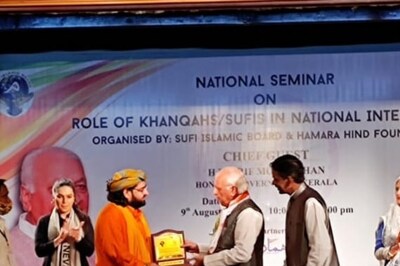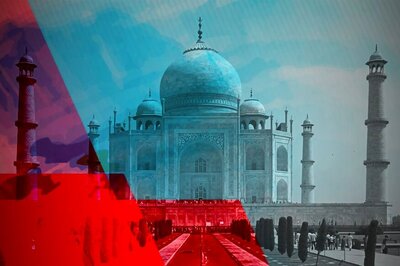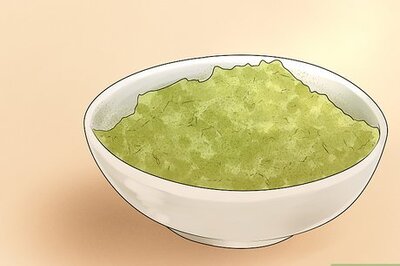
views
New Delhi: The men play for World Cup glory, but the game of cricket, filled with passion, spirit and competition has a dark side too.
In April 2000, South Africa's skipper Hansie Cronje confessed to being involved in the largest match fixing scandal in the history of cricket. Convicted by the King's Commission, Cronje was banned from playing for life.
His death in June 2002 in a plane crash was equally embroiled in controversy.
South Africa's Herschelle Gibbs too was suspended for six months for his role in the match fixing affair.
Players in the subcontinent also have had their share of controversies. India's Mohammad Azharuddin and Manoj Prabhakar were banned for life in 1999.
And they were not the only ones shrouded in controversy. To many, Australia's Shane Warne was like a magician, someone who could make the ball talk. His exploits on the field have been replicated off the field too, but not with similar success.
He was fined 8,000 Australian dollars in 1994 along with Australia's Mark Waugh for providing information to an Indian bookie. Then in 2003, he was banned for a year for taking a diuretic ahead of the World Cup.
Warne was also caught on camera having sex with two women in London.
In 2007, Pakistan's Shoib Akthar and Mohammed Asif tested positive for a banned drug.
Later the same year, West Indies' Marlon Samuel was in news after he was accused of giving out team information to a known bookie.
With Andrew Flintoff's latest boozing episode earning him a one match suspension, it seems that the culture of corruption has surely casted its shadows on cricket.


















Comments
0 comment